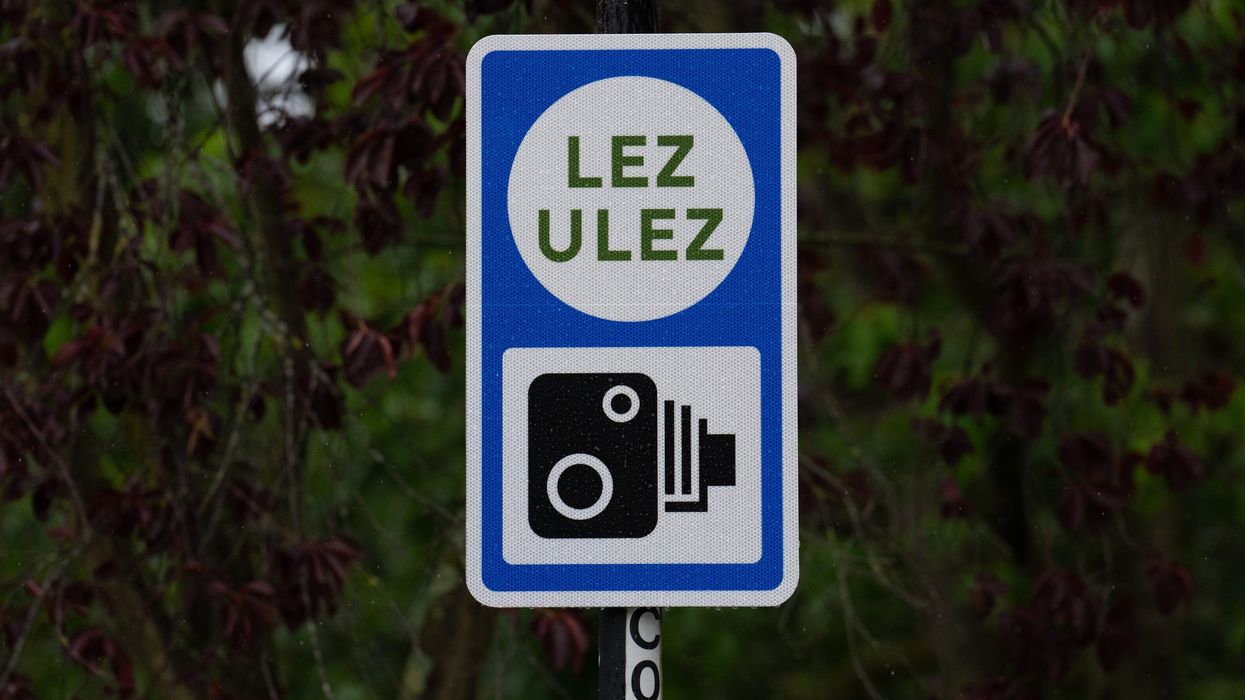London's High Court ruled on Friday (28) that the city's plans to expand the Ultra Low Emission Zone (Ulez) are lawful.
The Ulez charges a daily fee of £12.50 ($16) to drivers of non-compliant vehicles, aiming to combat pollution and enhance air quality.
London mayor Sadiq Khan last year decided to extend the scheme to cover almost all of the Greater London area, encompassing an extra five million people in leafier and less-connected outer boroughs, from the end of next month.
Five local authorities argued the decision to expand Ulez into their areas was unlawful, but their legal challenge was rejected on Friday.
Judge Jonathan Swift rejected all three grounds of challenge to the expansion of Ulez, including that the public consultation on the proposed expansion was unlawful.
The court also dismissed the councils' case in relation to Khan's decision to not extend a 110 million pound vehicle scrappage scheme to those living just outside the expanded Ulez area.
(Reuters)




